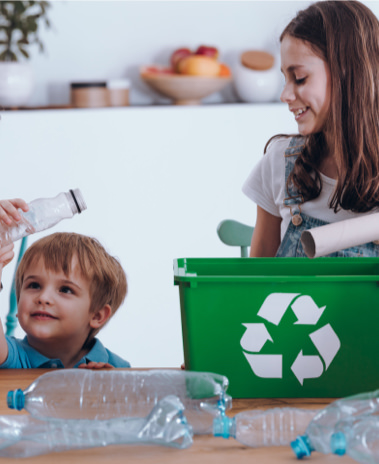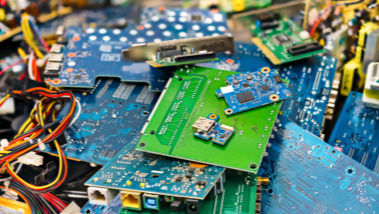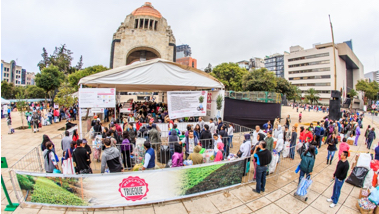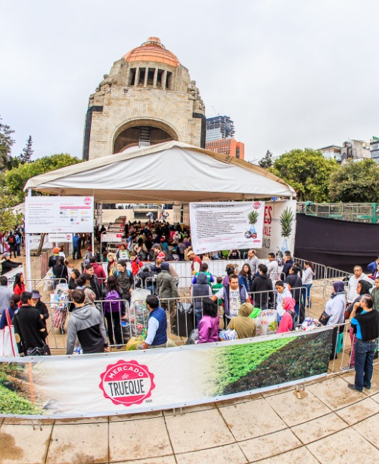#social action
Fighting against cancer, combating gender violence or violence against women, campaigns to fight childhood maladies... We put on the table social action initiatives to support people who are suffering, having into account their integration and their quality of life.
-
Aprender a reciclar es hoy más fácil y divertido que nunca para los peques de la casa. Existen multitud de juegos y actividades relacionados con el reciclaje y pensados para enseñar a los niños a generar menos basura, separar residuos y reutilizar, reforzando así sus valores ecológicos y su compromiso con el medioambiente.
-
Shopping for loose produce has become popular again to reduce food wastage and help to halt the avalanche of plastic packaging which is damaging our planet. This way of shopping, which was commonplace until only a few decades ago, enables us to buy foodstuffs and other household products by weight and without packaging, and has become a mainstay of the global zero-waste movement.
Mobile phones, tablets, laptops: the proliferation of digital devices is becoming a problem for the planet because once they come to the end of their useful lives — every year more than 50 million tons of technological scrap is generated — their recycle rate is poor. Improving it is vital to slowing climate change and avoiding harm to the environment.
-
Plastic has reached the deepest point on the planet, a place — the Challenger Deep — located 11,000 metres below sea level where very few people have visited. This discovery is the best proof of the magnitude of the problem and that the time has come to become aware of it and do everything possible to reverse the situation.
Mexico City generates over 13,000 tonnes of solid waste every day, with the added problem that only 1.28% is recycled. This was one of the reasons why, in 2012, the Mexican State Ministry of Environment (SEDEMA) launched an initiative called Mercado de Trueque (barter market), which allows citizens to exchange waste such as plastic, PET, aluminium cans, paper, cardboard, glass or electronic waste for locally grown fresh food.

























